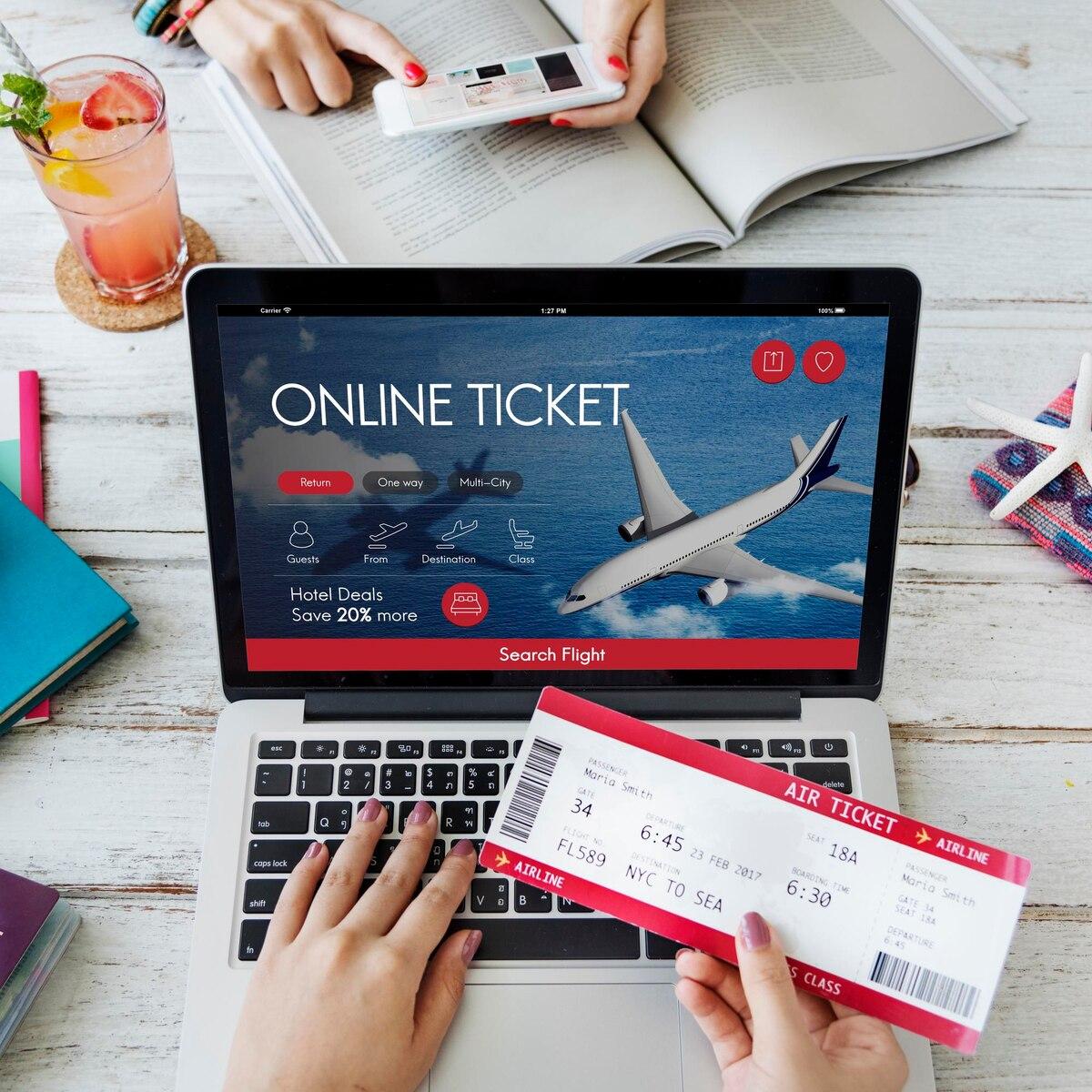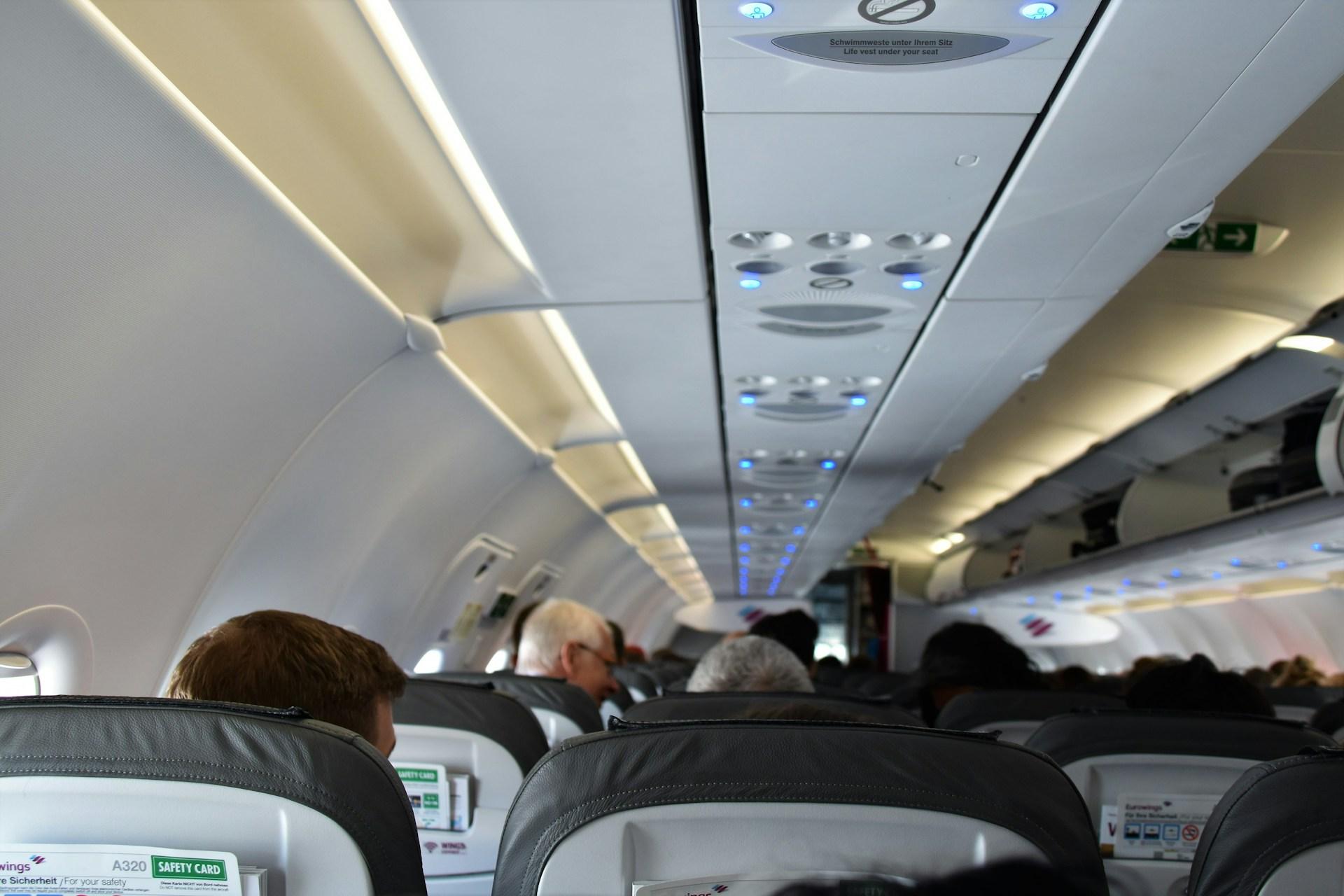Fear of flying is a common anxiety disorder that affects approximately 25% of people. It has various symptoms ranging from mild anxiety to severe panic attacks that can inhibit one's ability to travel by air.
Hypnotherapy is one of the treatments that has been proven effective in managing the fear and anxiety of taking a flight. In this article, we discuss what it is, how it works, and other complementary treatments.

The fear of flying, also called Aviophobia, can manifest through both physiological symptoms and reactions. These include sweating, nausea, elevated heart rate, and overwhelming fear or panic.
This fear may be triggered by various factors, including past negative experiences, fear of loss of control, or overthinking the mechanics and risks of flying.

Hypnotherapy is a form of psychotherapy performed to achieve a heightened state of awareness or trance. It employs guided relaxation, intense concentration, and focused attention, and is used extensively for managing anxiety disorders.
In the context of aviophobia, hypnotherapy works by altering the subconscious perceptions associated with flying. Through relaxation techniques and positive suggestions, therapists aim to replace fear and anxiety with a calmer, more rational approach to flying.

The hypnotherapy process is pretty simple and straightforward.
For starters, you have to find a suitable hypnotherapist for you. Note that the success of hypnotherapy largely depends on your practitioner. Choose a qualified hypnotherapist who specialises in anxiety disorders or specific phobias like fear of flying.
Make sure they are accredited by reputable organisations such as the American Hypnosis Association or similar bodies in your country. Don’t forget to also seek out reviews or testimonials from other clients.
Preparation involves both mental and logistical planning. It's advisable to reflect on what aspects of flying trigger your anxiety and discuss these openly with your therapist. Some individuals find it helpful to engage in general relaxation practices such as yoga or meditation before starting hypnotherapy.
The actual sessions may involve guided relaxation and the use of mental imagery to confront and desensitize the fears in a controlled and safe manner. This method not only addresses immediate anxiety but also equips individuals with tools to manage their fear long-term.

While some may notice improvements after just a few sessions, others might require a longer period. The effectiveness of hypnosis treatment depends on the severity of the phobia and an individual responsiveness to therapy.
Consistency and a willingness to confront fears are key components of success.
While hypnotherapy is a powerful tool in addressing the fear of flying, integrating other complementary treatments can enhance its effectiveness and provide more holistic support.
Some of these treatments include;
Cognitive Behavioral Therapy (CBT) ‐ This involves exposure therapy, where the patient is gradually exposed to the concept of flying, reducing anxiety through controlled experiences.
Mindfulness and meditation ‐ These practices can help manage anxiety by focusing the mind on the present moment and cultivating an attitude of acceptance. It helps reduce overall stress levels and increase emotional regulation, making it easier to cope with anxiety when it arises.
In some cases, short-term use of anti-anxiety medication prescribed by a healthcare provider can assist individuals in managing severe symptoms during flights. This is generally considered a supplementary measure to therapy.

Overcoming aviophobia is a journey that requires patience, persistence, and the right therapeutic guidance. Hypnotherapy offers a promising path by addressing the root psychological triggers of fear, providing a foundation for long-term coping strategies.
Undoubtedly, hypnotherapy is a valuable tool in the arsenal against aviophobia. It has helped empower many to reclaim the joy and convenience of air travel.
By understanding and addressing the deep-seated fears associated with flying, individuals can experience significant relief and freedom to explore the world without the fear and anxiety of flying.

If you want the latest information on the best Hotel Executive Club Lounges, Hotel Kids Clubs and other travel information, be sure to sign up for our free newsletter full of tips and great travel ideas.